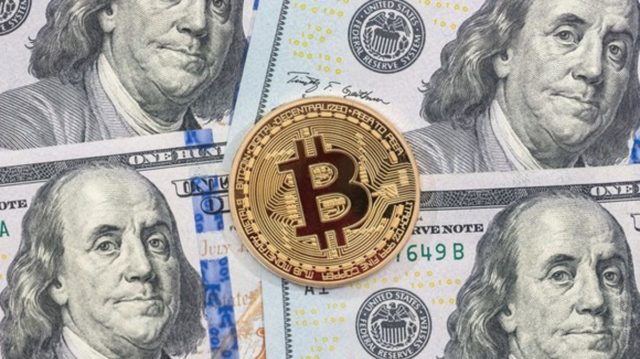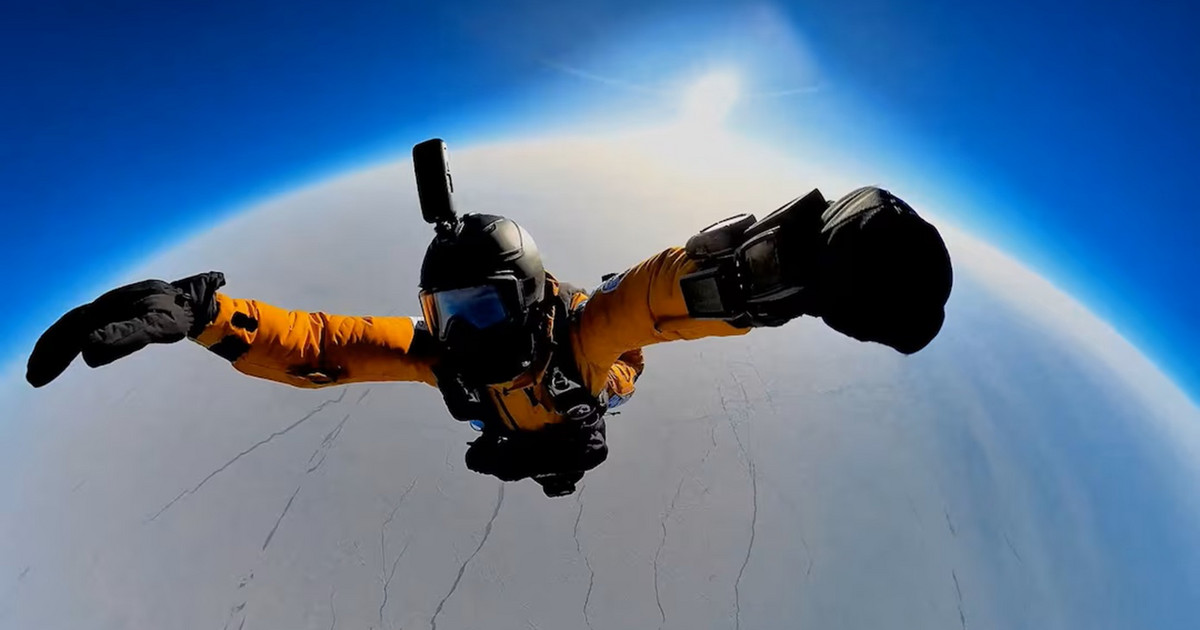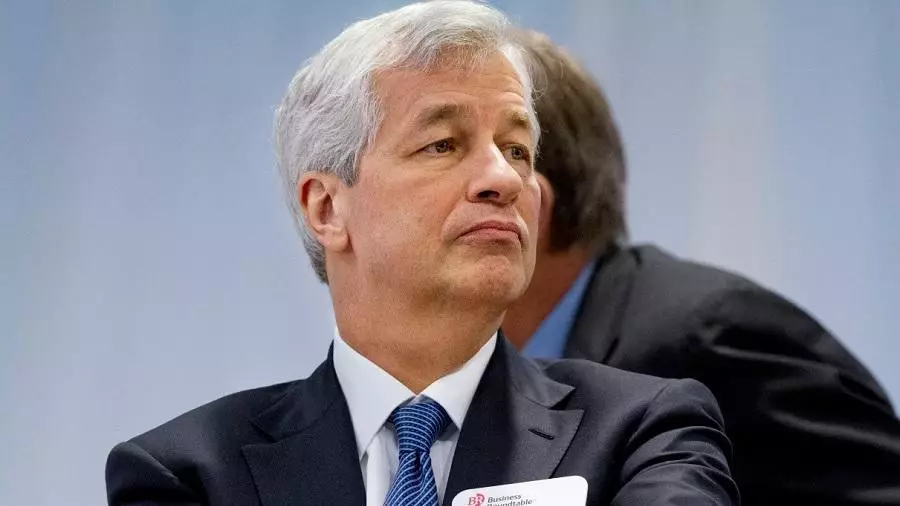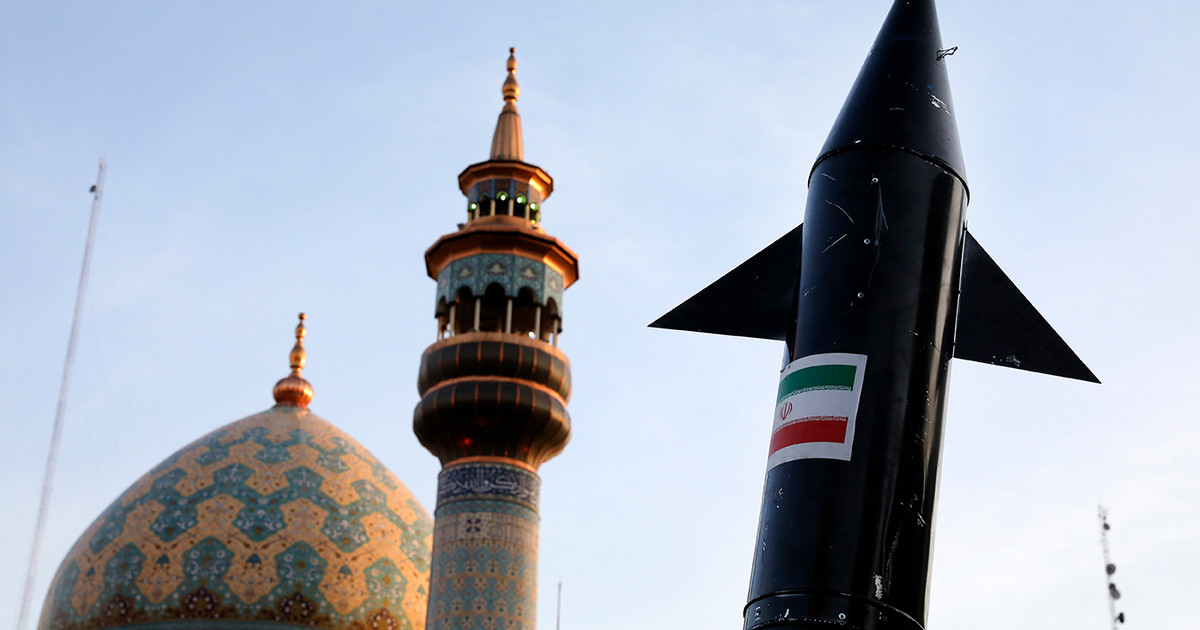In a statement released shortly after the official announcement of Queen Elizabeth II’s death, Charles described the death of his “beloved” mother as “a moment of the greatest sadness for me and all members of my family”. The next few days will be a period when Charles takes on his new duties and mourns a great personal loss.
After a lifetime in the public eye, he is a familiar figure to many in the UK and across the world. But no one yet knows what kind of monarch King Charles III – the title he assumed, ending years of speculation – will become.
as correspondent of CNN accompanying the British Royal Family, I reported on the new King of Great Britain for many years and traveled the world with him.
The best insight I had was when I was invited with a group of other journalists to Dumfries House, his mansion near Glasgow, Scotland, in 2018, ahead of his 70th birthday. I spent two days there and had unusual access to Charles and people close to him. I was treated to tours of the property, afternoon tea, dinners, and a spectacular bagpipe performance next to a fireplace.
The mansion is the place that brings together everything important to the new king, all of his greatest passions and causes – from music to protecting rare species, learning for disadvantaged youth and organic farming. The entire property was buzzing with activity, and I could see the excitement it gave him walking around and asking his staff questions.
Every Friday night, wherever he is in the world, Charles receives a robust report updating him on the estate’s work and returns it Saturday morning with notes. His wife Camilla will tell you that he stays up late every night reading, writing and responding to requests for support and advice.
While many of his predecessors saw the Prince of Wales’s role as enjoying a ticket to a playboy lifestyle and a guaranteed income, Charles went out of his way to be seen as a professional. He wanted a legacy, but he didn’t want to wait until he was king. As I see it, he’s impatient and driven, and he gets incredibly frustrated if one of his projects isn’t working or bearing fruit.
“The signs were there from early adulthood,” Kenneth Dunsmuir told me during my visit to Dumfries House. Dunsmuir runs The Prince’s Foundation, an educational charity created by Charles to help teach arts and skills. “His concerns of his with social issues in the community and ecological issues were all there and all that happened is he got more and more involved and took the time to do that.”

Dunsmuir’s comment points to another reason why Charles achieved so much during his tenure: he was the longest-serving Prince of Wales ever due to the longevity of his mother’s reign. Dunsmuir thinks of Dumfries House, he said, as a “fantastic physical legacy for this work that will always be here and will always remain.”
Charles has often struggled to contain his passion for his work, voicing his hopes and fears during speeches over the years and often sounding more like an activist than a waiting constitutional monarch. This led to accusations that he was threatening the independence and impartiality of the monarchy. Look at climate change, which he has been speaking out about since 1968. Since then, it has become a dominant and, for some, political issue. Charles was a key supporter of the 2015 Paris Climate Agreement and discussed the matter with Donald Trump over tea in December 2019 as the then-president prepared to withdraw the United States from the pact.
The following month, at the 2020 World Economic Forum in Davos, Switzerland, Charles gave a powerful speech, asking, “We want to go down in history as the people who did nothing to bring the world back in time to restore balance when could we have done? I do not want.
I sat down with Charles for an interview that day and he insisted that the Paris Agreement was still viable. “We cannot go on like this, with each month another temperature record being broken. If we let it go too long, and we did, just growing things up is going to become difficult,” he said.
Despite criticism – and sometimes ridicule – over his struggle to be the royal ecological warrior, Charles has remained a pioneer on environmental issues in recent years.
Charles was at the COP26 Summit in Glasgow in November 2021, where he implored countries to work with industries to create solutions to climate change.
“We know this will take trillions, not billions, of dollars,” he said at the time. Climate change and the loss of biodiversity pose a major threat and the world must go on a “war foot” to combat them, he added.
US President Joe Biden commented on Charles’ decades-long efforts at the event, praising him by saying he faced “all the chaos going on” and “this is how it all started”.
Charles was outspoken on a whole range of sensitive issues, from genetically modified crops to homeopathic medicines and architecture. This made him a more emphatic figure than his mother, who had barely sketched an expression during her reign, let alone expressed an opinion. Elizabeth’s legendary ability to not offend and alienate was more strategic than many realize, but Charles has always insisted that she intends to follow her example and stop meddling when she takes the throne.
In 2018, Charles told the BBC: “The idea, somehow, that I’m going to continue in exactly the same way, if I ever get to the throne, is complete nonsense because the two – the two situations – are completely different.” When asked specifically if his struggles would continue, he said, “No, it won’t. I’m not that stupid.”
In all the conversations I’ve had with family members and their aides, there’s never been any mention of the more popular Prince William leaping his father to the throne.
Charles has spent his entire life preparing to be sovereign and has proven beyond a shadow of a doubt that he is not shy at work. Meanwhile, William was never in a hurry to take the crown, preferring to steadily build his royal portfolio, focusing on his young family and developing his own set of interests and causes.
Charles and William came together personally and professionally as Prince Harry stepped down from royal duties in 2020, leaving the remaining senior royals a much more compact group. The relationship between the new king and his heir will now be critical to the future stability of the monarchy, as will the dynamic between the new king and his wife.
I saw the support tower that Camila was always for Charles. I’ve seen how rebellious and frustrated he can become when faced with an obstacle in her work, and she has a unique talent for dispelling any tension with a sense of humor and charisma that doesn’t show on camera.
In 2015, I sat with Charles at another of his residences in Scotland – Birkhall. It was to mark the couple’s tenth wedding anniversary before a US tour.
He told me, “It’s always wonderful to have someone who, you know, you feel like you understand and want to encourage. Though she certainly scoffs if I take things too seriously. And it all helps.”
After the interview, I went with him to a living room where Camilla joined us as we waited for the cameras to prepare for some takes. Camilla was asking how it went and joking about our clothes, and he was instantly more relaxed in her company. Her ability to maintain stability in one room has now become a national asset, as the wife of the country’s head of state – and a symbol of stability.
With Camilla firmly by his side, Charles will now make his mark on the monarchy. After decades of waiting, he is not only head of state for the United Kingdom, but also for 14 other nations, including Canada and Australia. The eyes of the world are on him as he assumes the mantle of king.
PHOTOS — Who is King Charles III, who takes the British throne
Source: CNN Brasil
I’m James Harper, a highly experienced and accomplished news writer for World Stock Market. I have been writing in the Politics section of the website for over five years, providing readers with up-to-date and insightful information about current events in politics. My work is widely read and respected by many industry professionals as well as laymen.






